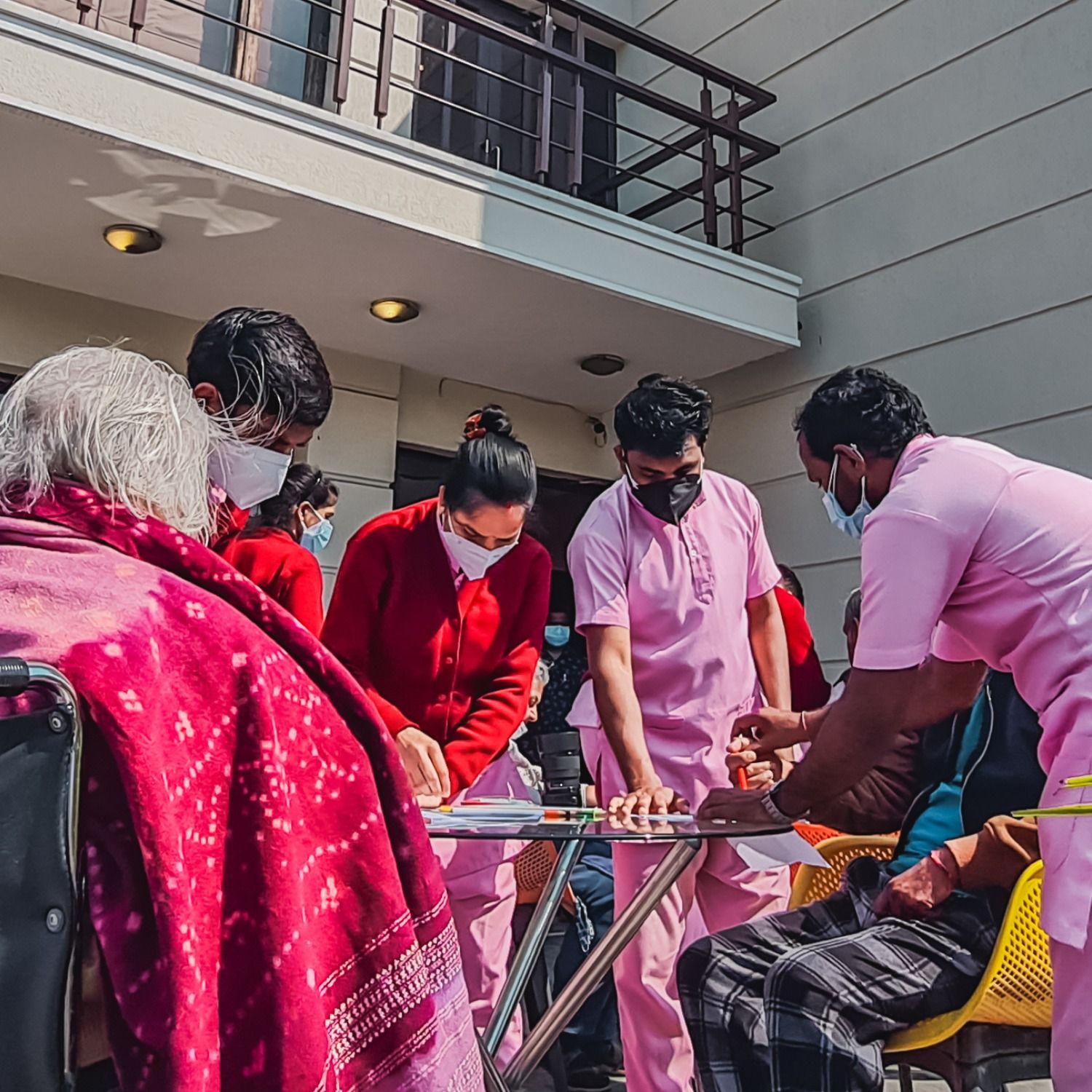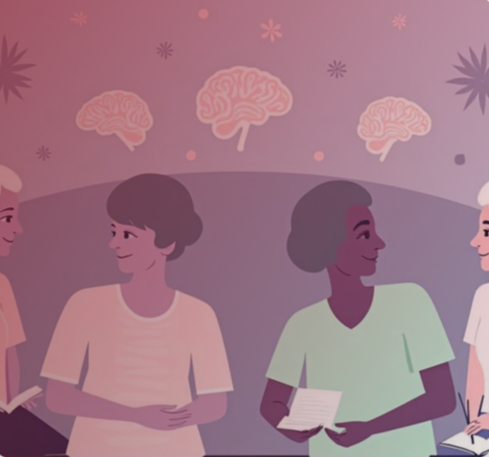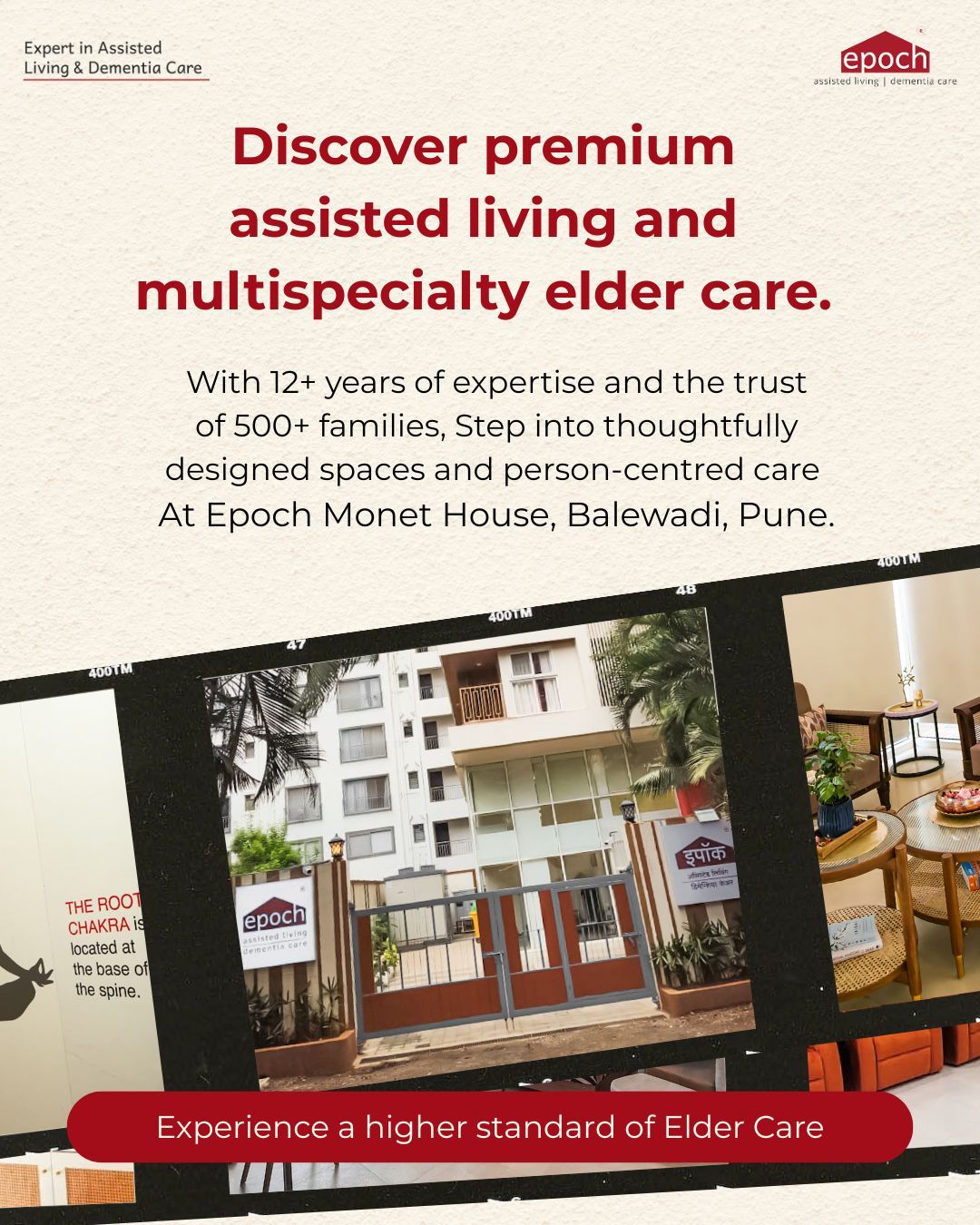With the ongoing aging of our population, the number of elders with dementia will also rise. Dementia refers to a neurological condition marked by a deterioration in cognitive functions, impacting memory, thinking capacity, behavior, and daily functioning. In the realm of caring for the elderly, it is vital to promote an understanding of dementia and the profound effects it has on individuals, families, and communities. This blog aims to shed light on the significance of dementia awareness in elderly care and why it is critical for healthcare professionals, families, caregivers, and society as a whole.
1. Early Detection and Diagnosis
Dementia is a progressive condition, and early detection plays a pivotal role in managing its symptoms and providing appropriate care. Awareness initiatives can educate healthcare professionals, caregivers, and families about the early signs of dementia, empowering them to recognize the symptoms and seek a timely diagnosis. Early detection allows for the implementation of interventions and treatments that can potentially slow down the progression of the disease, improve the quality of life for individuals living with dementia, and provide better support to their families.
2. Person-Centered Care
Dementia awareness encourages a concept of a person-centered approach to elderly care. Understanding the unique needs, preferences, and challenges of individuals with dementia is essential for delivering personalized care that promotes their well-being. By increasing awareness, healthcare professionals and caregivers can develop strategies to effectively communicate, engage, and provide meaningful activities for those living with dementia. Person-centered care helps maintain dignity, independence, and a sense of purpose, fostering a better quality of life for individuals affected by the conditions.
3. Caregiver Support and Education
Dementia often places a significant burden on caregivers, whether they are family members or healthcare professionals. Increased awareness helps provide support and resources to these caregivers, who play a vital role in the lives of individuals with dementia. Education programs, support groups, and respite care services can equip caregivers with the knowledge and skills needed to manage challenging behaviors, promote self-care, and navigate the emotional and practical aspects of caring for someone with dementia. By providing support and education, we can reduce caregiver stress, prevent burnout, and ensure better care outcomes.
4. Reducing Stigma and Social Isolation
Dementia awareness efforts help combat the stigma associated with the condition. Public education about dementia can dispel misconceptions and foster empathy and understanding in society. By creating a more inclusive and compassionate environment, we can reduce social isolation for individuals living with dementia and their families. This, in turn, promotes their participation in community activities and preserves their social connections, which are vital for mental and emotional well-being.
Summing Up!
Dementia awareness in elderly care is not just about understanding the disease; it is about promoting empathy, providing person-centered care, and supporting individuals and their families on their dementia journey. At Epoch, we have taken various initiatives to increase the awareness of dementia - through authored articles, webinars, talks in communities, participating in relevant conferences, encouraging volunteers to visit our Epoch homes etc.
By increasing awareness, we can facilitate early detection, improve care practices, reduce stigma, and advocate for better policies and services. Healthcare professionals, caregivers, and society as a whole must recognize the critical importance of dementia awareness and work together to create a more dementia-friendly world.













